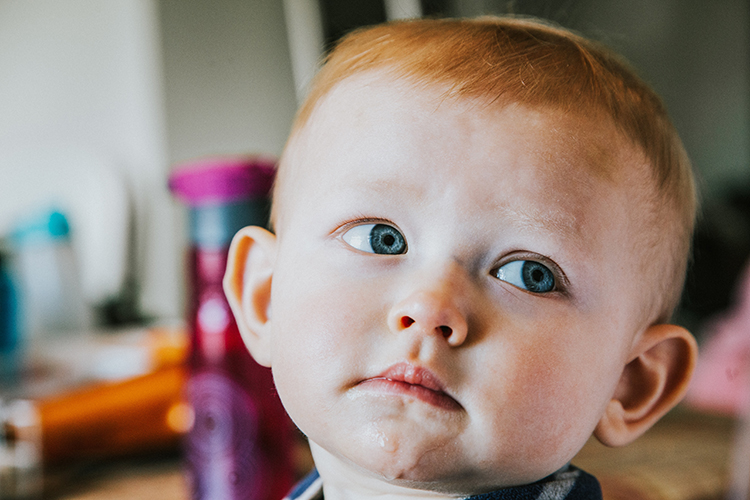All day long, your child is bombarded by sound. Earlier this year, Arianna Huffington, the co-founder and editor-in-chief of the Huffington Post, called for a week of silence, asking children and adults alike to unplug. When you consider how involved we all are with technology, whether it is the cell phone, tablet, computer, TV, radio, etc., the static of background noise has become our norm. Yet, it is almost impossible to make clear and good decisions without some form of inversion; meaning, to step away from outside stimulation so that you can hear your own inner voice.
The Stress of External Noise
Your child is particularly vulnerable to the stress of so much external noise. So much so, that he may even be anxious and uncomfortable without it. How many of you walk into your house and immediately turn on the television or radio for company? Or get into your car and immediately get on your cell phone? What you really need is some time in, rather than time out… some quiet time to listen to your own thoughts and connect to that inner part of you that must be called upon to make decisions. Your child is in the same position as you are, except he is lacking in sophisticated and mature coping skills. Add to that, the fact that your child’s brain is still developing, and you can see how destructive and distracting too much outside noise and stimulation can be.
There is great virtue in experiencing and teaching silence. It can help heal the mind, feed the soul, and move you and your child towards individuation.
Here are some effective techniques for teaching the importance of inner peace and quiet.
- Know the rules. Before you can embark on any transition you must clearly and precisely explain to your child what you expect, how you expect to get there and what are the consequences for negative behavior.
- Be consistent. The best way to change an old habit and create a new habit is through consistency, follow-through, positive feedback, and positive reinforcement.
- Be what you want to see. Your child will follow your lead and take his cue from you. Your child really wants your approval, so if you use positive feedback and positive reinforcement, he’s more likely to follow your lead. The old adage, “don’t focus on the negative, but reinforce the positive,” really holds true when it comes to changing behavior.
- Explain the importance of silence to your child. Active communication and active listening helps your child understand the virtues of stillness. If you communicate wisely to your child, he will be more likely to engage in a positive way, because he will understand the importance of his transformation into silence.
- Teach stillness techniques to your child so he can call upon them when he needs them. For example, breathing techniques quiet the mind when under stress, as does meditation, yoga, chi gong, etc. These techniques teach the benefits of silence, which include refreshing the mind, strengthening the mind, thinking more clearly, enhancing memory, holding images longer, etc.
- Have fun with this. Be playful and don’t be too serious. You can have a quiet contest or play the stillness game. Teach your child how to gain control and use his mind like an orchestra, so that he can tap into more of his potential. If he uses these practices, he will see results and they are so positive that they will reinforce the techniques. Teach your child how to practice silent meditative walks out in nature. Point out the sounds of birds chirping, the babbling of a brook, the swish of a soft breeze and the whistle of the wind. You will be teaching your child how to appreciate getting in touch with his environment, by getting in touch with his inner, authentic self, and he will realize that he is part of the wholeness of the natural world.
- Finally, use my empathic process to have family discussions. Invest your child in the process of a positive shift in behavior, as well as the consequences, which include limiting your child’s computer time, TV time, cell phone time, tablet time, etc. Ask your child for feedback in relation to these methods and techniques for stillness. Let him tell you what impact, if any, these techniques have had on him so far. Through my empathic process you will be actively listening and validating your child’s opinion, while investing him in his own transformation. This helps him reassert control and therefore he will be more likely to participate. By setting aside time weekly for my empathic process, your child will not only get the attention he needs, but also will be building self-esteem, self-value and self-respect, as he recognizes the importance of his role in the process.


